Contemporary Korean cinema: Culture, identity and politics
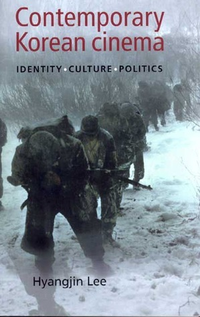
Summary
The first in-depth, comprehensive study of Korean cinema offering original insight into the relationships between ideology and the art of cinema from East Asian perspectives. Combines issues of contemporary Korean culture and cinematic representation of the society and people in both North and South Korea. Covers the introduction of motion pictures in 1903, Korean cinema during the Japanese colonial period (1910-45) and the development of North and South Korean cinema up to the 1990s. Introduces the works of Korea’s major directors, and analyses the Korean film industry in terms of film production, distribution and reception. Based on this historical analysis, the study investigates ideological constructs in seventeen films, eight from North Korea and nine from South Korea.
Similar Books
-
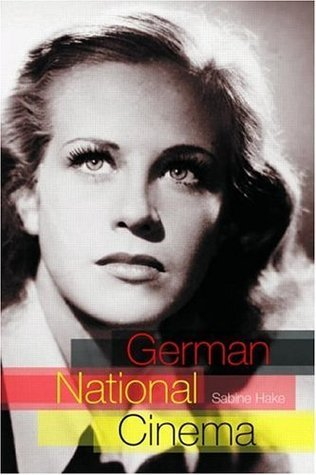 German National Cinema
German National Cinemaby Sabine Hake
-
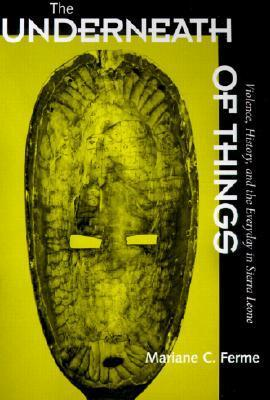
-
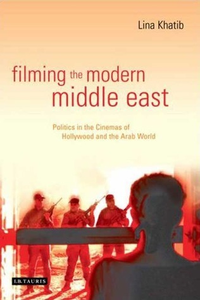
-
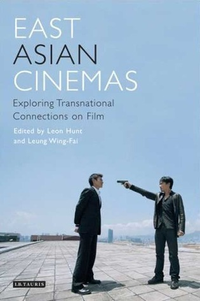
-
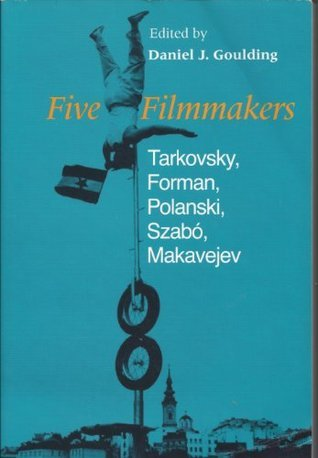 Five Filmmakers: Tarkovsky, Forman, Polanski, Szabo, Makavejev
Five Filmmakers: Tarkovsky, Forman, Polanski, Szabo, Makavejevby Daniel J. Goulding
-
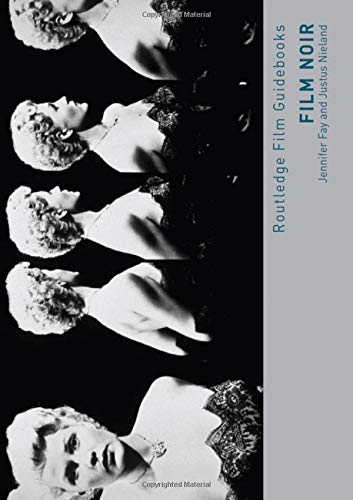
-
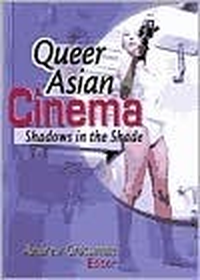 Queer Asian Cinema: Shadows in the Shade
Queer Asian Cinema: Shadows in the Shadeby Andrew Grossman
-
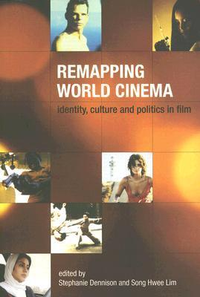 Remapping World Cinema: Identity, Culture, and Politics in Film
Remapping World Cinema: Identity, Culture, and Politics in Filmby Song Hwee Lim
-
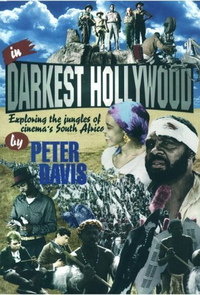
-
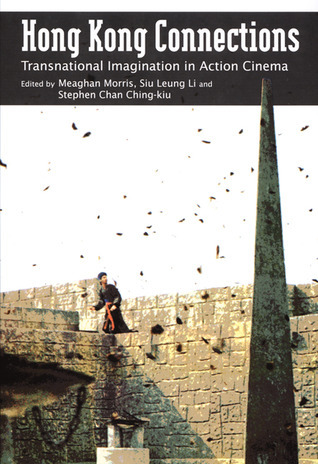 Hong Kong Connections: Transnational Imagination in Action Cinema
Hong Kong Connections: Transnational Imagination in Action Cinemaby Meaghan Morris
-
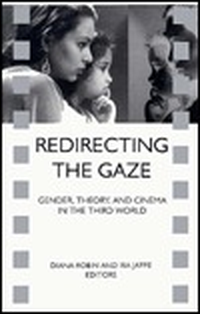
-
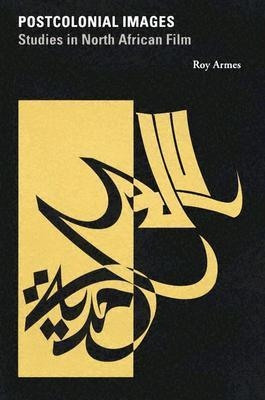 Postcolonial Images: Studies in North African Film
Postcolonial Images: Studies in North African Filmby Roy Armes
-
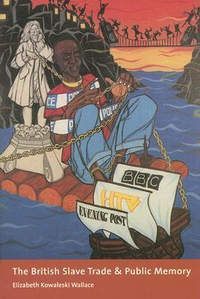 The British Slave Trade and Public Memory
The British Slave Trade and Public Memoryby Elizabeth Kowaleski Wallace
-

-
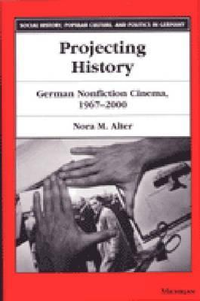 Projecting History: German Nonfiction Cinema, 1967-2000
Projecting History: German Nonfiction Cinema, 1967-2000by Nora M. Alter